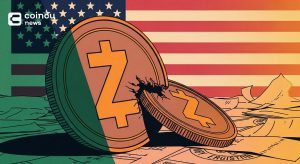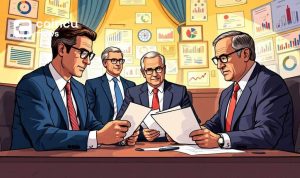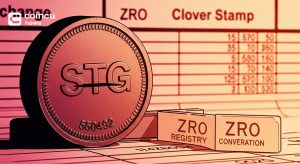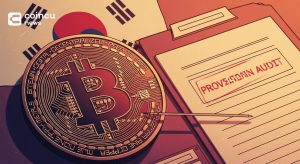Key Points:
- FTX administrators accuse traders of seeking asset control.
- Dispute over the reorganization plan’s consultation and returns.
- The company’s advisors responded by highlighting that some creditors had resisted asset sales and delayed token monetization.
Administrators overseeing the bankruptcy of cryptocurrency exchange FTX have clashed with traders and market makers forming a critical creditor panel, according to Bloomberg.
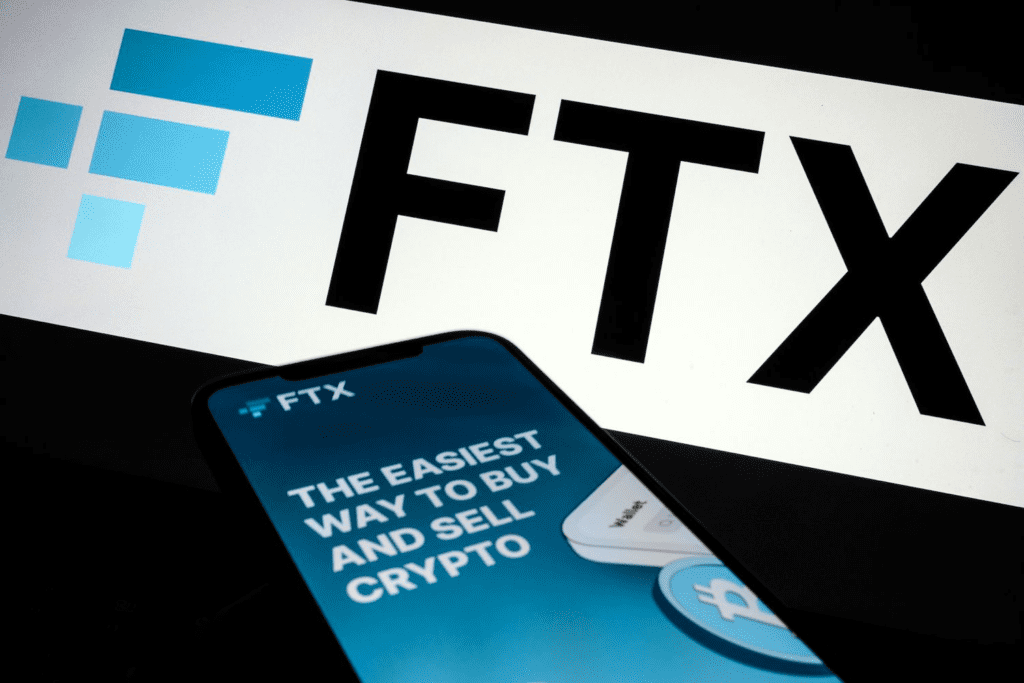
The administrators have accused these entities of pursuing asset control without considering the impact on other stakeholders.
This conflict emerged following the release of a draft reorganization plan by FTX’s new management team, led by Chief Restructuring Officer John J. Ray III.
The official committee of unsecured creditors expressed dissatisfaction with the lack of consultation, asserting that the exchange is missing out on higher returns from its significant cash and token holdings.
In response, FTX’s administrators filed a rebuttal, asserting that extensive discussions had taken place between both parties. They suggested that the creditor panel’s objections seemed influenced by undisclosed personal agendas.
The official committee of unsecured creditors proposed that FTX invest a portion of its $2.6 billion cash reserve in short-term Treasury securities to generate more income for the bankruptcy estate. This move was aimed at offsetting professional fees that had reached $330 million within the first eight months.
Furthermore, the panel urged FTX to adopt a proper staking, hedging, and monetization strategy for its coin holdings, suggesting the use of staking to earn rewards through blockchain participation.
FTX’s advisors responded by highlighting that some creditors had resisted asset sales and delayed token monetization, favoring long positions on large crypto holdings. They also pointed out that investing in Treasuries would require court approval and involve inherent risks.
DISCLAIMER: The information on this website is provided as general market commentary and does not constitute investment advice. We encourage you to do your own research before investing.







